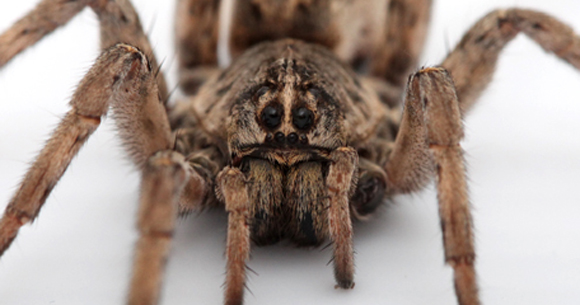Ask people what the most dangerous insect or spider and you’re likely to get a variety of answers. Brown recluse spider…ANY spider, bees, scorpions, hornets, ticks, army ants… the list goes on. But few entomologists or medical experts would likely dispute that the tiny mosquito is probably the most dangerous arthropod on the planet.
To underscore this with just one of many mosquito-borne diseases, the World Health Organization has declared April 25th World Malaria Day. While no one can fully know the historical impact of malaria, the incomplete statistics are still stunning. Despite significant progress in battling malaria, the disease still kills an estimated 660 000 people worldwide. About 90% of cases occur in Africa, and most deaths are children under five years of age in the sub-Saharan region. Every year, more than 219 million known cases occur (compared to 34 million AIDS cases annually); most of these cases are never tested or registered.
Even we in Texas can’t completely escape health risks from mosquitoes. Though in comparison to malaria West Nile virus may be considered a “minor” mosquito-borne disease, for those afflicted by it the health impacts can be severe and long. I have a couple of colleagues who have been infected, and for them the illness will not soon be forgotten.
As many of my entomology colleagues are quick to point out, there are many different species of mosquitoes, most of which pretty much leave us humans alone. We have 172 different mosquitoes found in the U.S., 85 in Texas, and approximately 40 or so species of mosquitoes in the Dallas area where I live. Mosquitoes play an important role in the food chain of those habitats where they are found, though I would not be sad to get rid of a few of the “bad characters” that cause misery and disease, especially in domestic settings.
Ironically, mosquitoes are one of those pests that we would just as soon ignore unless they are causing a health or nuisance crisis. Hence many county and city health department budgets devote relatively little money to surveying or integrated control of mosquitoes. That’s changed a little this year in the north Texas area, after last summers West Nile epidemic. More health departments are starting mosquito surveillance programs, and mosquito control budgets are being doubled in some communities. Nevertheless, should West Nile virus cases return to low levels this year, county and city governments will likely quickly forget the health importance of this tiniest of pests.
While I don’t want to scare anyone from getting out of the home and away from the television set this summer, don’t underestimate the power of the tiny mosquito. If you plan to be outdoors this summer, especially in the evening hours, use a good, proven insect repellent. In addition to the gold standard DEET, there are many good repellents available today. Buy them, and keep them in a place (I keep mine by the door) where you will use them. It’s possible to beat the most dangerous insect, but you need to recognize her first.

